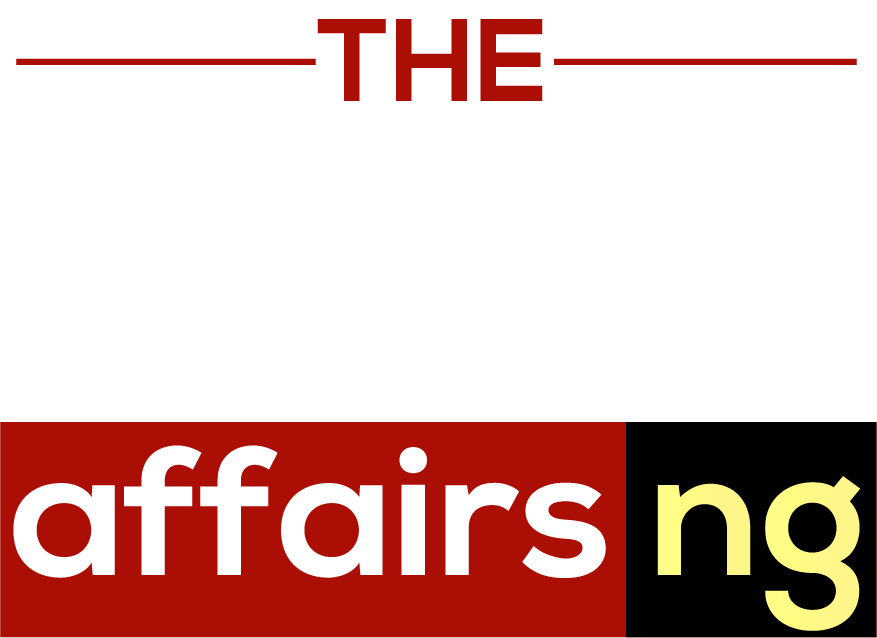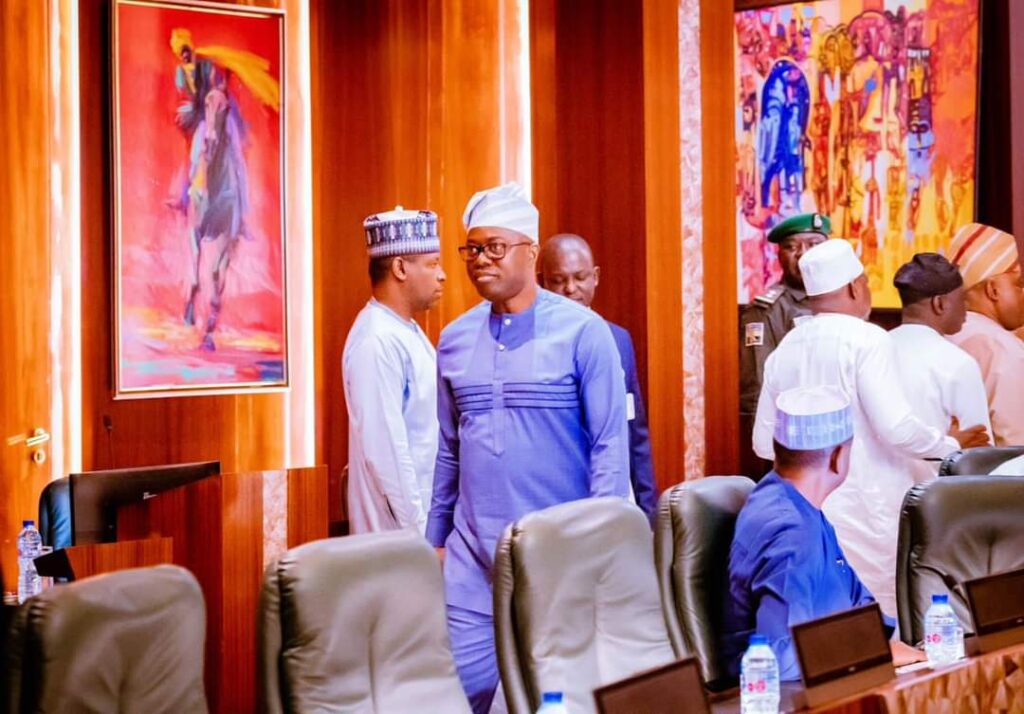Despite the country’s growing crisis in the education sector resulting in about 20 million children out-of-school, about 29 states have failed to access N68.73 billion Universal Basic Education Commission (UBEC) matching grant to boost primary education in 2023.
Checks from UBEC showed that the total unaccessed matching grants from the 36 states and the Federal Capital Territory (FCT) stood at N68.73 billion.
The Guardian learnt that only seven states, as of December 11, lodged about N10.6 billion counterpart funds.
The states include Osun with N1.3 billion; Niger paid N2.6 billion; Taraba’s lodgement was N1.39 billion; Sokoto N1.39 billion, while Enugu, Jigawa and Ondo paid N1.7 billion, N697 million and N1.39 billion respectively.
The United Nations Children’s Fund (UNICEF) recently estimated the total number of out-of-school children in Nigeria to 20.2 million, saying one in three children in the country is out of school.
According to the agency, of the figure, 10.2 million are at the primary level, while 10 million are at the junior secondary school level.
UNICEF added that one in every five out-of-school children in the world is in Nigeria, with over 60 per cent in the north.
Despite the staggering number, states have failed to access UBEC funds meant to develop the basic education sub-sector.
The UBEC matching grant, which states can only access through payment of 50 per cent counterpart funds, is to upgrade facilities and provide basic needs in primary schools, such as infrastructural development, provision of instructional materials, boreholes and toilet facilities, as well as training and retraining of teachers, among others, to boost enrollment and retention in schools.
However, the funds which have continued to accumulate over the years, have remained unutilised for the development of this critical sub- sector.
While the management of primary and junior secondary education are the primary responsibility of local and state governments, a good number of the states are not keen on funding the sub-sector to enhance foundational learning.
Under the UBEC Act, each state gets an average of N1.5 billion yearly from the commission for the funding of basic education, which will amount to N3 billion with the payment of the matching grant.
Executive Secretary of UBEC, Dr Hamid Bobboyi
Executive Secretary of the commission, Dr Hamid Bobboyi, lamented that the funds, over the years, have not adequately rubbed off on learning achievements and outcomes in the school system.
“We hear of pupils in over 50 per cent of schools in the country still receiving lessons on bare floors, dilapidated classrooms without doors, windows and ceilings.
“Most of our schools are still operating under poorly constructed and unhygienic toilets, poor teaching and learning environments, and in some cases, without toilets and inadequate materials, such as textbooks, readable chalkboards, shortage of qualified teachers and overcrowded classrooms,” he said.
The commission pointed out that between 2005 and 2010, the sum of N371.84 billion matching grant was released by the commission, out of which N300.80 billion was accessed by the states, leaving N71 billion idle in the commission’s account.
Again, between 2011 and 2012, a total of N31.9 million was unaccessed; N6.8 billion in 2013 and 2014, while in 2015 and 2016, N37 billion was unaccessed.
Twenty-seven billion was collated for the 2017 disbursement, which began in early 2018. However, in 2019, the total amount of unaccessed matching grant to states stood at N73 billion.
Giving a partial breakdown of the unaccessed funds, the commission revealed that Kwara State had over N7 billion because of its inability to access the funds from 2014 to 2019; Anambra N4.2 billion; Enugu N4.3 billion; Abia N3.8 billion; and Plateau N3.1 billion between 2014 to 2019.
The commission noted that a total of N162.28 billion was allocated to states as UBE grants between 2019 and 2022; while only N116.07 billion was accessed by the 36 states and FCT.
While receiving the Senate Committee on Basic Education recently, the executive secretary said: “Between 2019 and 2022, the sum of N162.28 billion was allocated to the states as UBEC grants, but only 11 states have accessed the matching grant.”
Speaking on the levels of matching grants accessed by states, he said in 2019, only Anambra failed to access the grant, while for 2020, six states including Abia, Adamawa, Anambra, Ebonyi, Kwara and Ogun, failed to access the grant.
For 2022 matching grants, 11 states, including Bayelsa, Cross River, Delta, Ekiti, Jigawa, Kaduna, Kano, Nasarawa, Ondo, Taraba and Zamfara States have accessed the funds.
Expressing dismay over the performance of the states in terms of their commitment to education development, Chairman, Senate Committee on Basic and Secondary Education, Senator Ibrahim Gaidam, who stressed the need for state governors to key into UBEC projects by accessing their funds in order to shore up the nation’s basic education sector, said it was important to ensure that every fund released by the government was used for the purpose it was meant for.
An educationist, Joseph Olaojo, said erring states, especially those in the North, should be encouraged to recommit and activate the process of accessing the matching grants for the development of basic education in their respective states.
Olaojo said stringent measures should be put in place to discourage and sanction erring and defaulting states.
Other stakeholders also tasked state governments to be more responsible and responsive to the needs of Nigerian children, and wholesale development of the basic education sub-sector.
They urged the defaulting states to rise to the challenge of paying their yearly counterpart funds to enable them to access the matching grant for enhanced learning outcomes of pupils.
Besides, they wondered why states should default in accessing funds that are readily and freely made available by the Federal Government, when primary education is in bad shape, begging for urgent attention.
As a way forward, they called on the Federal Government to initiate measures to sanction states that default in the payment of their counterpart funds.
Worried by the increasing number of out-of-school children, human rights lawyer and senior advocate of Nigeria, Femi Falana said since state governments have failed to comply with section 3 of the Education Reforms Act, which mandates them to contribute half or 50 per cent of the total cost of projects to be executed in the state as their own commitment in the execution of the projects, UBEC should disburse the funds directly.
Citing sections 12 and 17 of the Act, which saddle the commission with the responsibility of ensuring effective implementation, evaluation and monitoring of the UBE programme of the Federal Government, Falana said the disbursement is imperative to help teachers, schools’ managers and other stakeholders in basic education sub-sector identify areas of deficiencies in achieving curriculum goals and remedy these deficiencies.
He threatened legal action against defaulting states if the N68 billion unmatched grant is not accessed before January 15, 2024.
Meanwhile, the Nigeria Governors’ Forum has called for a review of the UBEC Act to enable them to access the funds and provide the needed infrastructure for the sub-sector, which would, invariably, reduce the number of out-of-school children across the country.
Part III, Section 41 of the UBEC Act 2004 states, “For any state to qualify for the Federal Government block grant pursuant to sub-section 1(1) of this section, such state shall contribute not less than 50 per cent of the total cost of projects as its commitment in the execution of the project. The administration and disbursement of funds shall be through the State Universal Basic Education Board.”
Though the UBEC Act 2004 says basic education is free and compulsory for every child in Nigeria, over 20 million children are still not in school.
The forum, through one of its officials, who pleaded anonymity, said the N68 billion was trapped due to their inability to raise the 50 per cent counterpart of the amount they need.
“We’re looking at how to change the legislation, amend the UBEC Act to reduce the matching grant. The challenge is that we do not have a state with the same fiscal balance. Some states have money through statutory allocation, through the internally generated fund, others don’t have the same kind of fiscal balance that will enable them to cough out money to be able to pay and then access the fund,” the official said.
In this article

